My review of A Girl is a Half-Formed Thing, Irish writer Eimear McBride’s first novel, was published in the Fairfax newspapers last Saturday. The jagged lines of the cover and the apparently haphazard way the blocks are put together echo Mcbride’s prose, which is extraordinary.
I’ve been critical of the current fashion for writing exclusively in the present tense, and have voiced my criticisms here and here.
As with all literary fashions, this one has, while growing in popularity over the past ten years, attracted its share of second-rate imitations. A Girl is a Half-Formed Thing is narrated in the present tense, in fragmentary sentences of the kind that have often stuck in my throat. Maybe this is an obvious point to make, but when a writer of true originality and talent comes along, they make references to fashions irrelevant.
I didn’t have the space to add any of the background to the novel’s publication in my 650 word review, so I thought I would do so now. After years of rejections by UK publishers because it was considered too difficult to sell, A Girl is a Half-Formed Thing was picked up by a tiny independent press. Familiar story? Sadly too familiar. McBride in the end was lucky, which is not to take away from her enormous talent. All her subsequent success is, in my view, wholly deserved.
McBride won the inaugral Goldsmith’s prize for the novel. Tim Parnell, head of English and comparative literature at Goldsmiths College and chair of the judges, said A Girl is a Half-formed Thing was a “boldly original and utterly compelling” novel. It was “just the kind of book the Goldsmiths prize was created to celebrate … Serious discussion of the art of fiction is too often confined to the pages of learned journals and we hope that the prize and the events surrounding it will stimulate a much wider debate about the novel.”
McBride’s is not a book for the faint-hearted, but I hope that won’t put readers off. It put publishers off for years, but, as I say in my post, that’s a familiar story. I can’t imagine what she will do next, but will be very curious to see.
Hi Dorothy
I have read this now and I share your admiration for it. I was reminded in her pursuit of pain through sex of girls who cut themselves, inflicting pain to take away pain. The relationship with the uncle worked for me as a powerful metaphor for the pain and disgust she feels for the society she and her brother are living in. In line with the excerpt from the LRB review, though, I wonder what on earth Eimear McBride can write after this. It will be very interesting to see.
Thanks for your comment, Joan. Your point about Irish society is a good one. Most reviews and comments that I’ve seen tend to focus on the purely personal – that’s why I thought I’d throw the Joyce quote into my review.
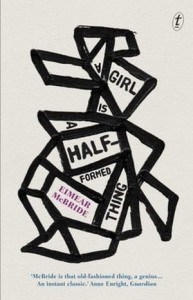
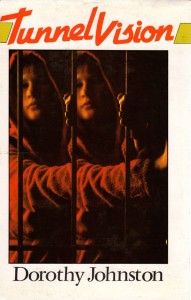
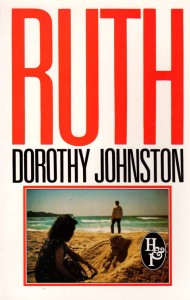
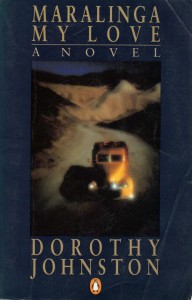
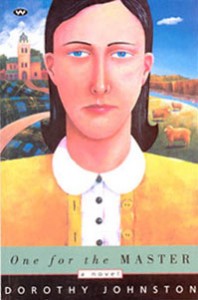
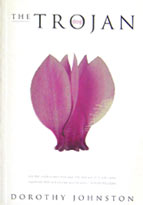
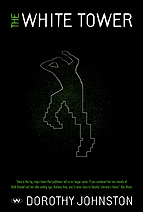
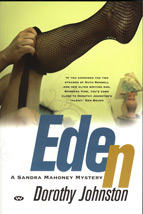
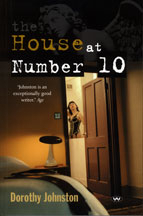
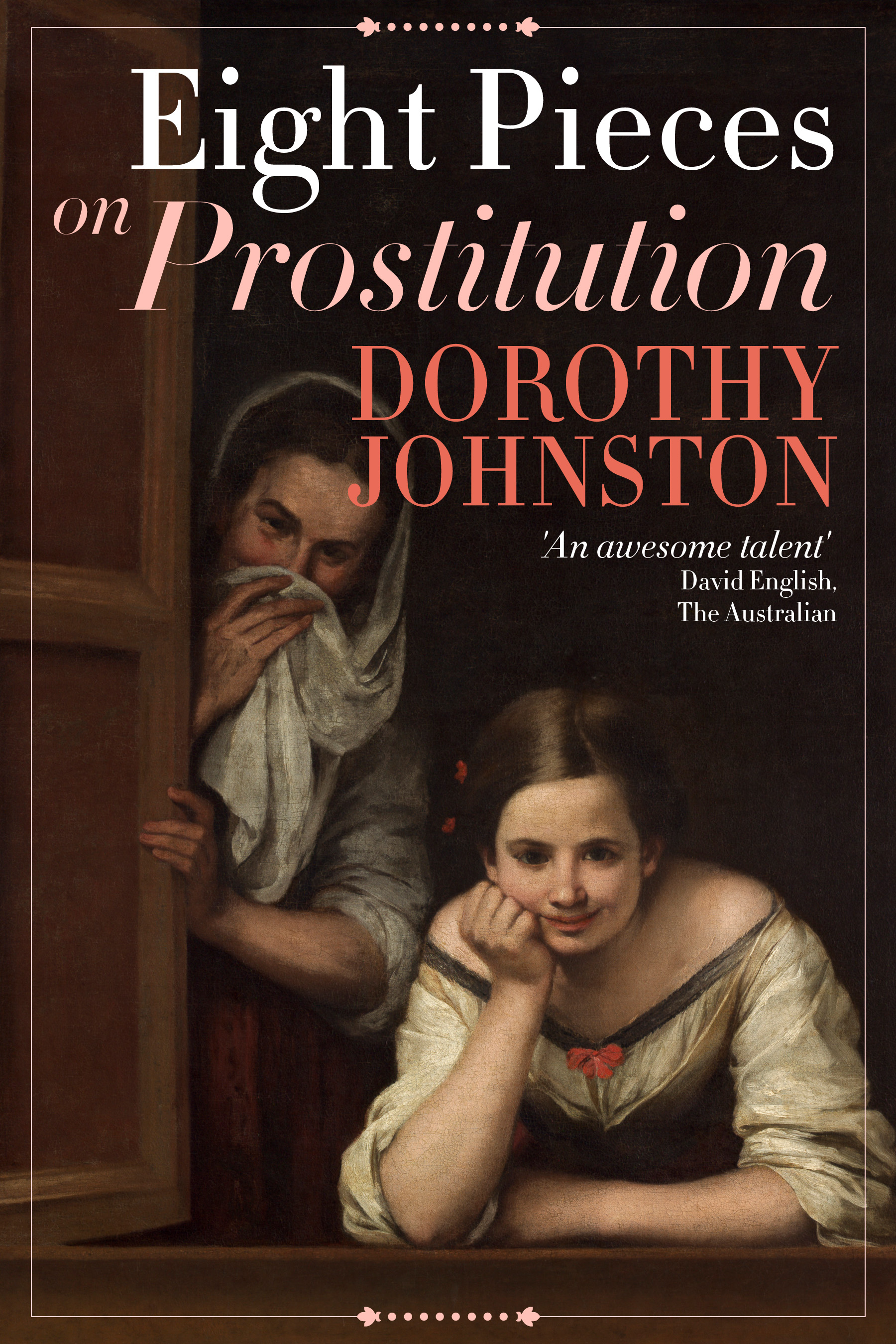
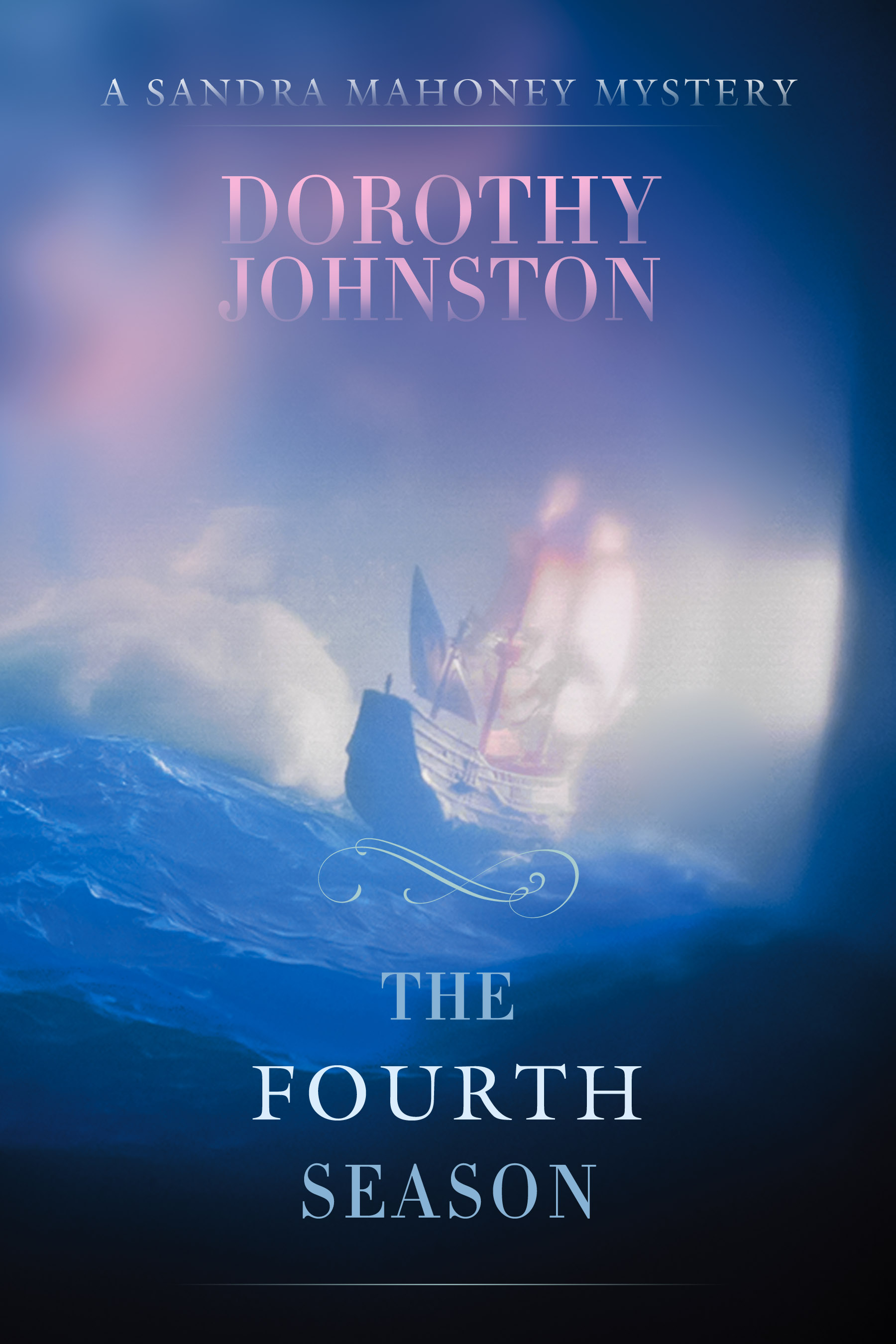
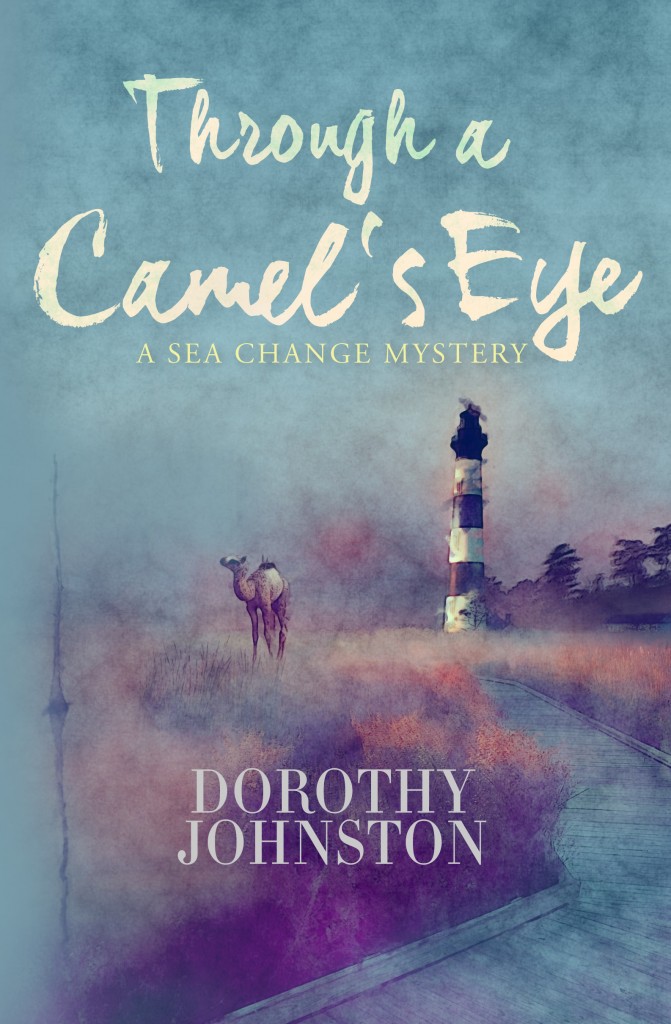
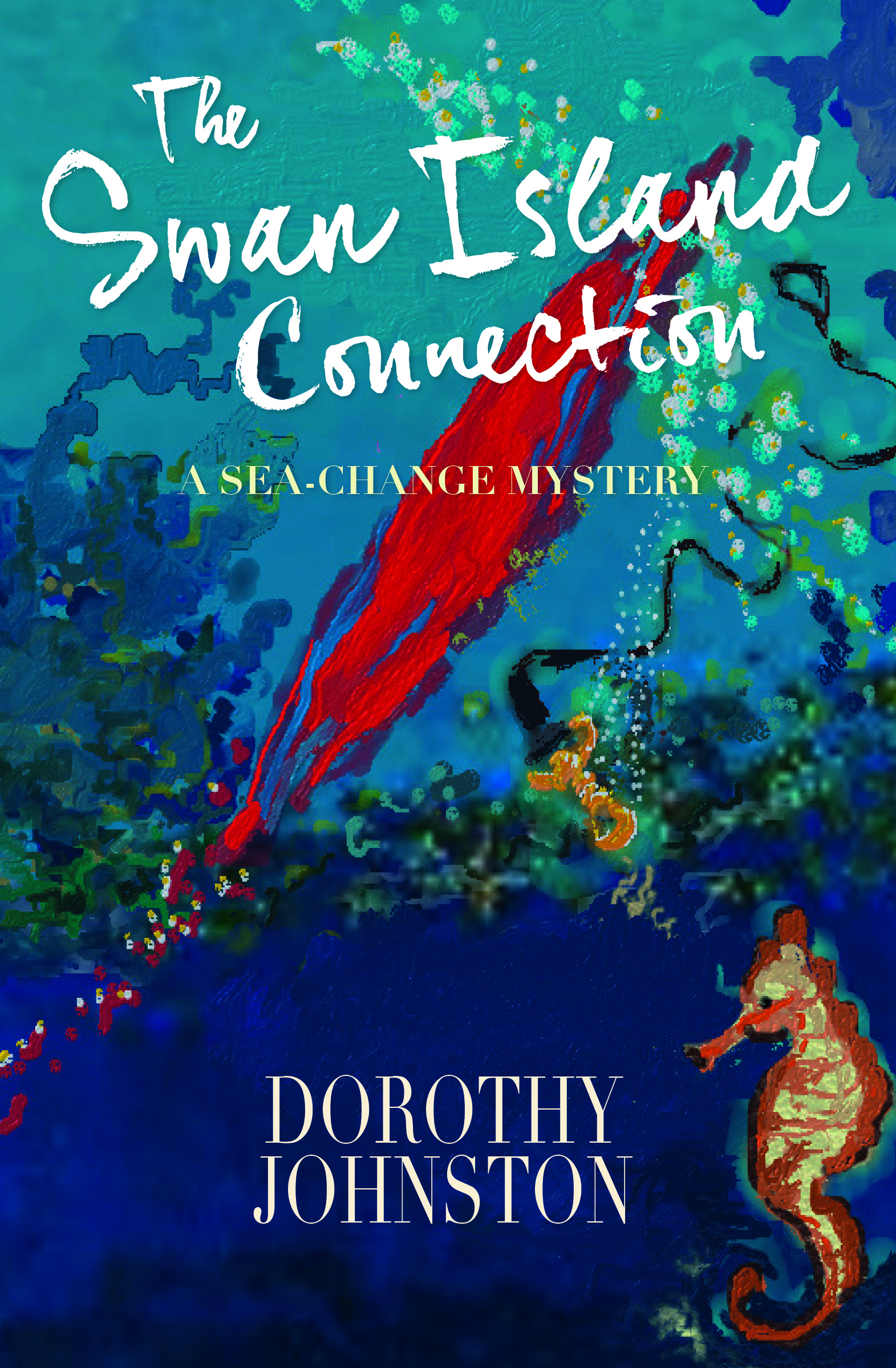
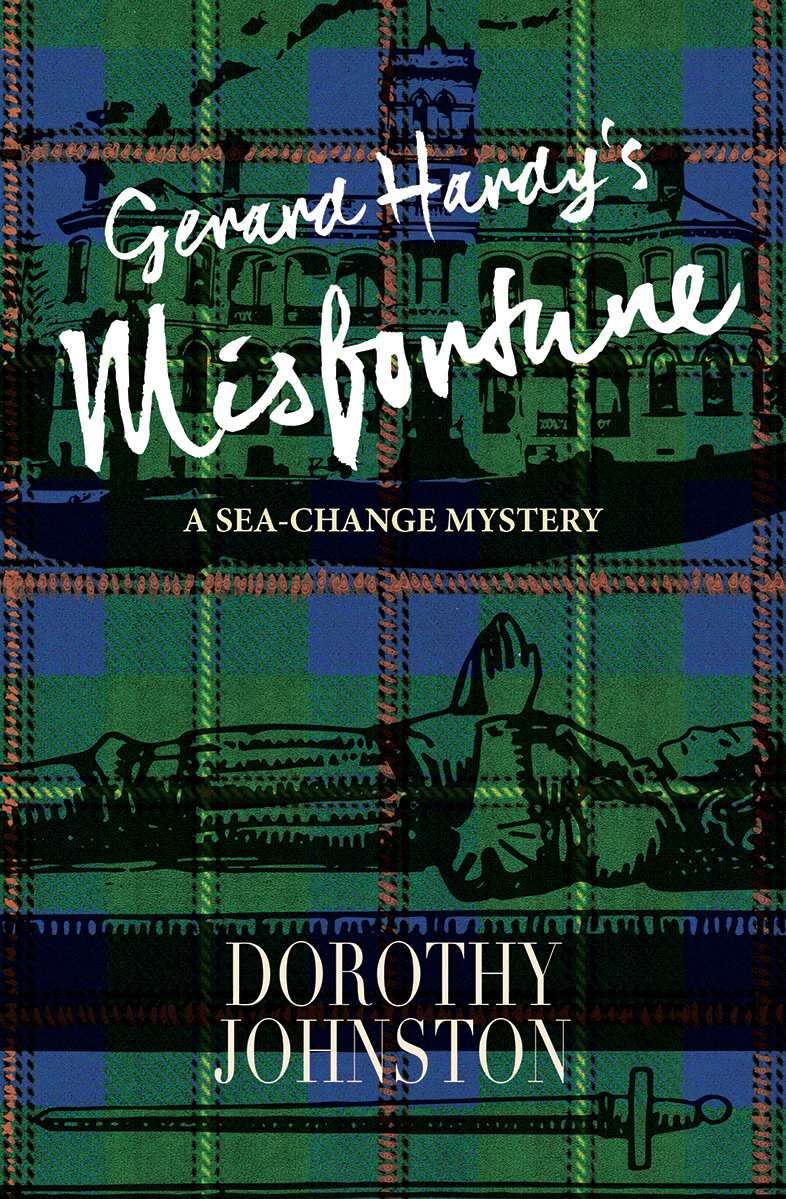
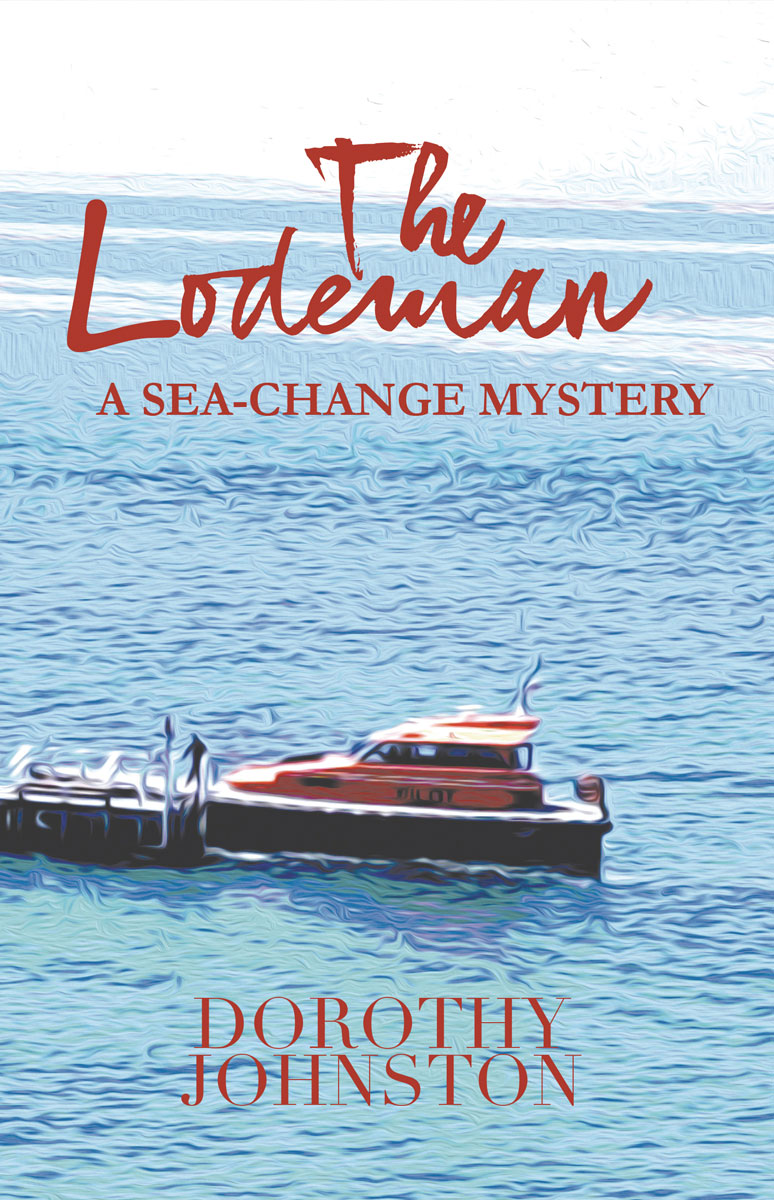
Hi Dorothy
your review in the weekend paper was wonderful. It makes me think I must read this, but also scares me! Will let you now how I get on.